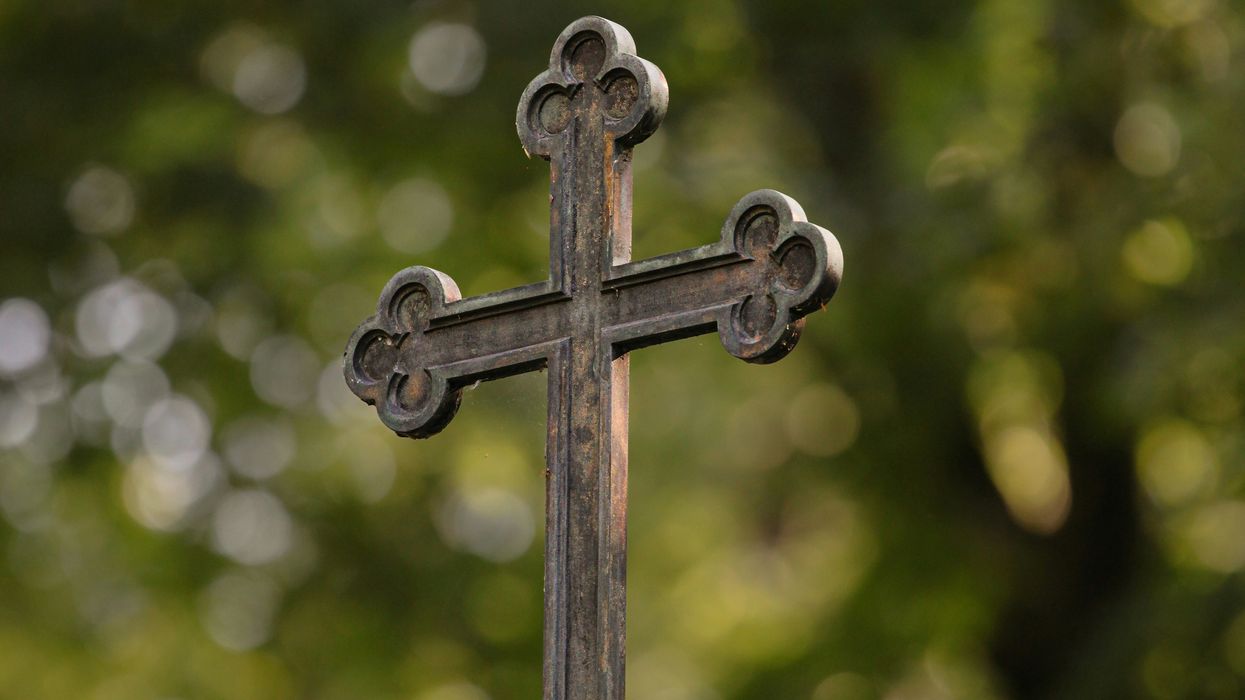WASHINGTON–After the state of Oklahoma contested the right of a Catholic organization to get state funding for a charter school, the Supreme Court is weighing whether the separation of church and state required by the Constitution justifies Oklahoma’s decision to keep charter schools secular.
The court heard arguments on Wednesday in Oklahoma Statewide Charter School Board v. Drummond, and its decision, expected in late June, could open the gates that separate the secular American education system from religion.
If the Court rules in favor of the Catholic school in Oklahoma, taxpayer dollars set aside for public schools could begin to flow toward religious schools across the country as well. That would reduce the resources and funding for public education. Currently, six of the nine justices are Catholic while less than 20 % of U.S. citizens practice Catholicism.
“The hallmark of public education is that taxpayers are paying for it, not private donations. The government's doing this,” Justice Sonia Sotomayor said. “Charter schools are using only government funds.”
In January 2023, the Archdiocese of Oklahoma City and the Diocese of Tulsa contracted with a statewide charter school board to create the St. Isidore of Seville Catholic Virtual School. The school never began its classes as the State Attorney General, Gentner Drummond, sued the Statewide Virtual Charter School Board.
He argued that they violated the state and U.S. Constitution because it forbids the use of public school funding for religious purposes. The Oklahoma Supreme Court agreed with Drummond that charter schools, as public entities, are prohibited from using public funds for religious education.
“This case is ultimately about safeguarding religious liberty. Religious liberty means every citizen is free to worship as he or she sees fit. It does not mean the government should back religious indoctrination,” Drummond said in a press release from April 30. “The justices were clearly engaged. Their questions were robust and meaningful.”
In the wake of the state Supreme Court’s decision, the school board and St. Isidore of Seville Catholic Virtual School appealed to the U.S. Supreme Court. They said charter schools are private entities participating in a state program and that preventing religious charter schools from accessing public funds is discrimination based on religion.
“The challenge here is to the facial religious discrimination that says: If you have any sectarian program, you can't be a part of the program,” Campbell said.
The state of Oklahoma’s lawyer stated that the charter school did not experience discrimination, but rather sought privileges not afforded to public entities.
In fact, Gregory Garre, Oklahoma’s lawyer, said that St. Isidore’s Catholic school policies would discriminate against non-Catholic students and faculty.
“They seek a special status: the right to establish a religious charter school plus an exemption from the nondiscrimination requirements that apply to every other charter school and that distinguish public schools from private schools,” Garre said during opening arguments.
The Archdiocese of Oklahoma issued a press release following the oral arguments, emphasizing that religious liberties were at stake.
“We are grateful that the U.S. Supreme Court heard our case and now entrust it to their wisdom,” Archbishop Paul S. Coakley & Bishop David A. Konderla of Oklahoma said in a press release. “Of course, we pray and hope for a decision that stands with religious liberty and the rights of Oklahoma families to make their own decisions in selecting the best educational options for their children.”
Constitutional Litigation Fellow Luke Anderson with Americans United for Separation of Church and State said a ruling for St. Isidore would allow public funding to be funneled toward religious schools. Anderson is involved in Americans United's separate case in Oklahoma's state court againstSt. Isidore on similar grounds.
“What has always been at the core of public education is students learning together across differences, students of varying backgrounds together in one classroom, and this case today, seeks to fracture that system, that long-standing system of public education that is open to all,” Anderson said.
Anderson said the United States’ founding fathers emphasized the separation of church and state because of religious persecution by the Church of England and its influence in British government.
“Without [seperation], we end up in a place where either you have multiple religions competing for the government's legitimacy,” Anderson said. “Or you have the government picking a favorite, and then you have religious control.”
He also added that if the Supreme Court ruled in favor of St. Isidore, many public charter schools would lose money set aside for secular education.
“That would mean diverting funds away from traditional public schools, and indeed, also diverting funds away from charter schools that are free and open to all, which is the core of what it means to be a public school — your free education that is open to all,” Anderson said.
Atmika Iyer is a graduate student in Northwestern Medill’s Politics, Policy, and Foreign Affairs reporting program. Atmika is a journalism intern with the Fulcrum.




















